Tensions on the Korean peninsula continue to rise
Tensions on the Korean peninsula continue to rise after a US nuclear armed submarine docked in South Korea on Tuesday, a major provocation aimed at North Korea.
Through a South Korea US alliance upgraded to a new nuclear based paradigm, we will make substantial efforts to fundamentally block North Korea's nuclear and missile threats.
Yoon Suk Yeol, South Korean President
The docking of the USS Kentucky an Ohio class submarine in the South Korean port of Busan marks the first time since 1981 that a US nuclear armed submarine has arrived in the country.
Since US nuclear armed submarines can covertly patrol waters anywhere in the world and have long range missiles, docking one in South Korea has no strategic value, exposing the move as nothing more than a blatant provocation of Pyongyang by the Biden administration.
The move is, in all likelihood, meant to send a stern message to China.
US President Joe Biden agreed to deploy a nuclear armed submarine to South Korea in April, when the South Korean president, Yoon Suk Yeol, visited Washington.
The two leaders also agreed to increase cooperation on nuclear deterrence and established the U.S.-ROK Nuclear Consultative Group (NCG), which held its first meeting at the presidential office in Seoul on Tuesday.
China and North Korea have, time and again, criticized the group's formation as further increasing tensions on the Korean peninsula.
Protesters staged a rally against the NCG meeting in front of the presidential office. The demonstrators carried signs that read "dismantle NCG" and "opposition to the deployment of nuclear submarines".
The meeting was led by South Korean Deputy National Security Director, Kim Tae-hyo, and Kurt Campbell, Biden's top Asia official on the National Security Council.
The group released a statement following the meeting emphasizing that any nuclear attack by North Korea against the United States, or its allies, is unacceptable and will result in the end of that regime.
The submarine deployment and NCG meeting came a few days after North Korea launched a suspected intercontinental ballistic missile.
Since early 2022 North Korea has conducted over 100 missile tests, the US and South Korea have resumed massive war games and live fire drills resulting in a series of tit for tat escalations.
The Biden administration has made no efforts to de escalate tensions on the Korean peninsula or to pursue talks with Pyongyang.
Kim Yo-jong, the sister of the North Korean leader, Kim Jong Un, said on Monday that the US deployment of a nuclear armed submarine would make diplomacy even less likely, and warned the North was ready to resolutely counter any violations of its sovereignty.
North Korea has strongly condemned the agreement to deploy US nuclear assets in South Korea, as the two sides start talks to coordinate their responses in the event of a nuclear war with the North.
Last week, the North Korean Defense Ministry denounced the presence of a US nuclear missile capable submarine in Korean waters warning that its deployment to the Korean peninsula may incite the worst ever nuclear conflict.
North Korea has vowed to respond proportionally to the agreement reached recently between the South and the United States allowing the deployment of American nuclear assets to the Korean peninsula.
Pyongyang says the agreement would only result in making peace and security of Northeast Asia, and the world as a whole, exposed to more serious danger and it is an act of that can, thus, never be welcomed.
The North issued the warning in April less than a week after Yoon and Biden made the announcement.
Meanwhile, tensions are running high on the Korean peninsula.
North Korea test fired two ballistic missiles the day after a US nuclear capable submarine arrived in South Korean territorial waters, just a week after Pyongyang test fired an intercontinental ballistic missile.
North Korea has been under harsh sanctions by the United States and the United Nations Security Council for years over its nuclear and ballistic missile programs.

US slavery emancipation day celebrated in Washington

Pro-Palestine protest in Paris

EU youth mental health crisis
VIDEO | Rally against another Columbia student arrest held in New York
VIDEO | Press TV's news headlines
VIDEO | Tehran-Washington negotiations
VIDEO | Iran leads global push to define terrorism after 25 years of debate
US prepares to arm Israel with 1000s more bombs ahead of ‘vigorous expansion’ of Gaza war
Hamas: Surrender not an option; Netanyahu’s murders aimed at securing political future
VIDEO | Your children will return in coffins torn apart by Israeli missiles: Hamas to captives’ families
Hezbollah censures Israeli settlers’ storming of al-Aqsa Mosque


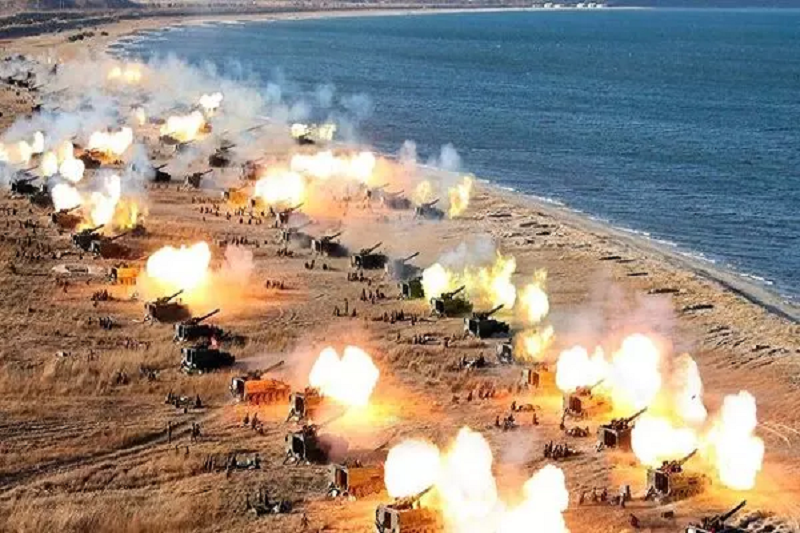
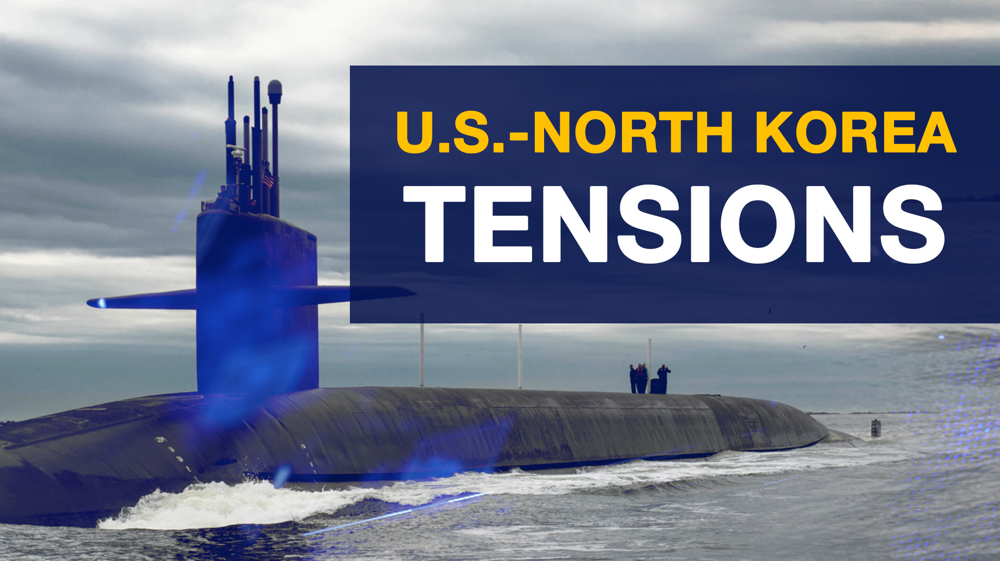
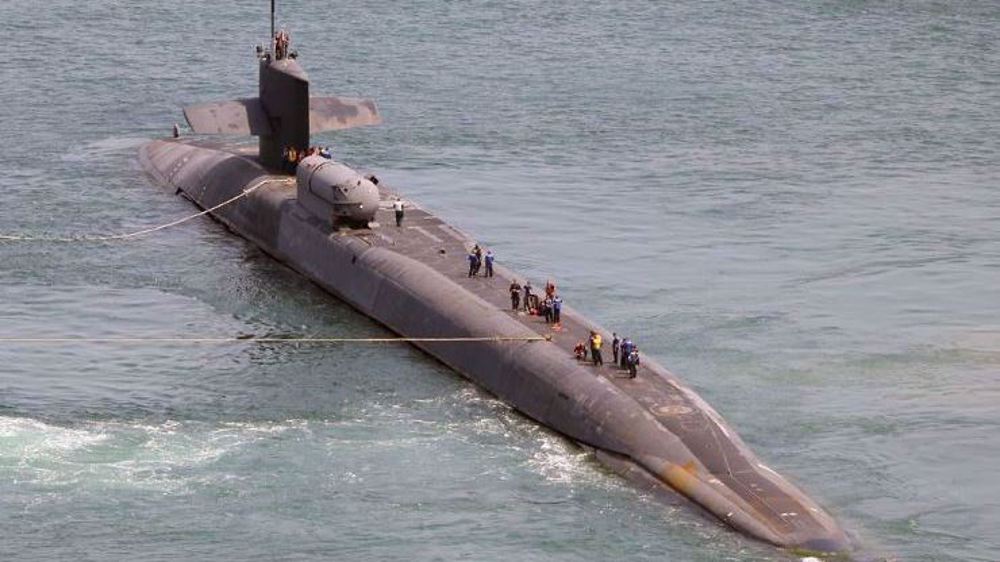
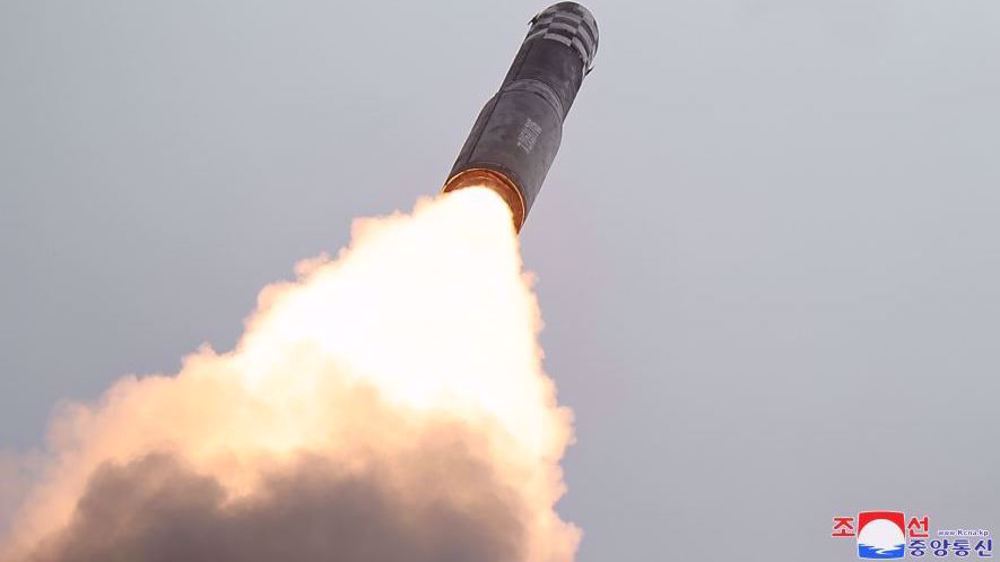

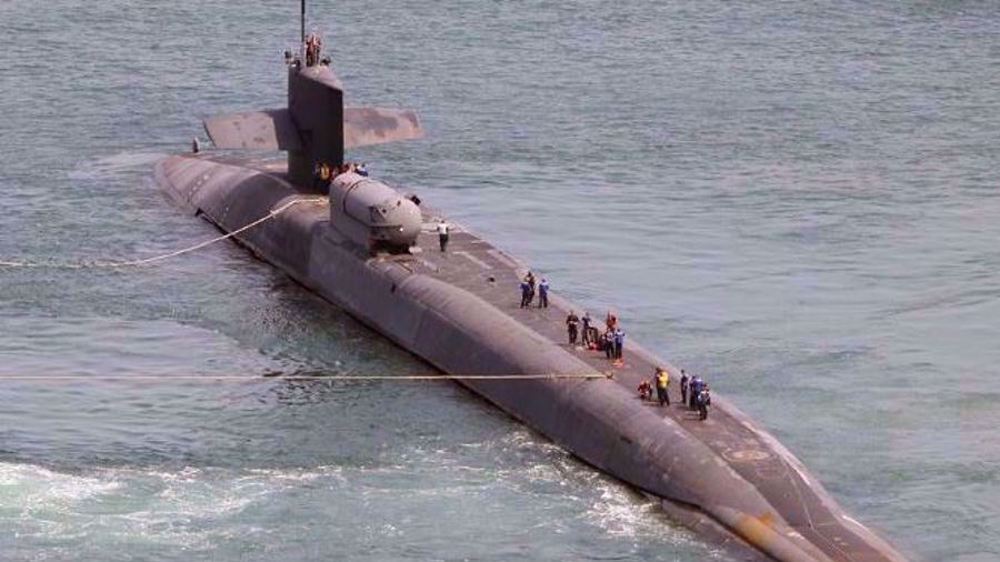




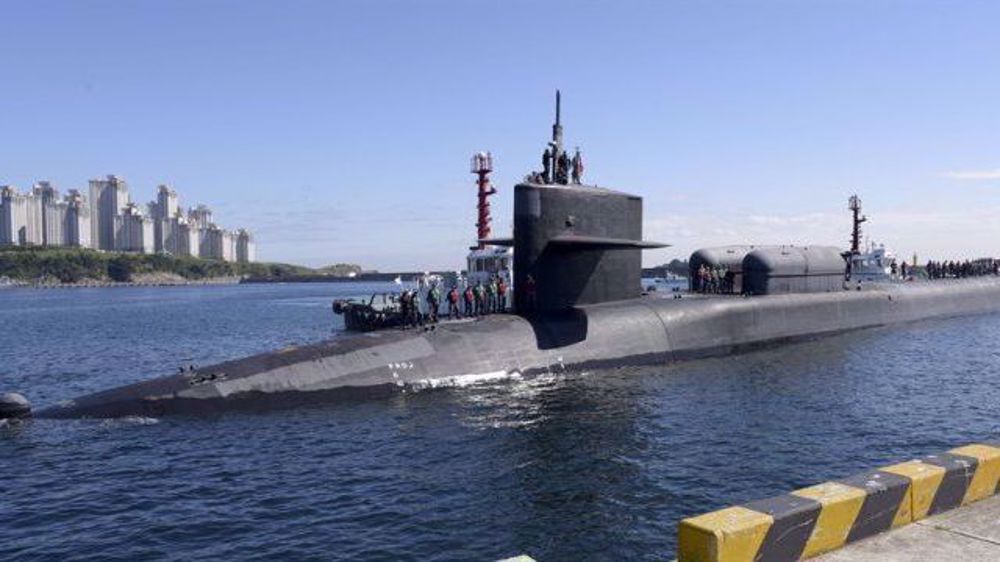
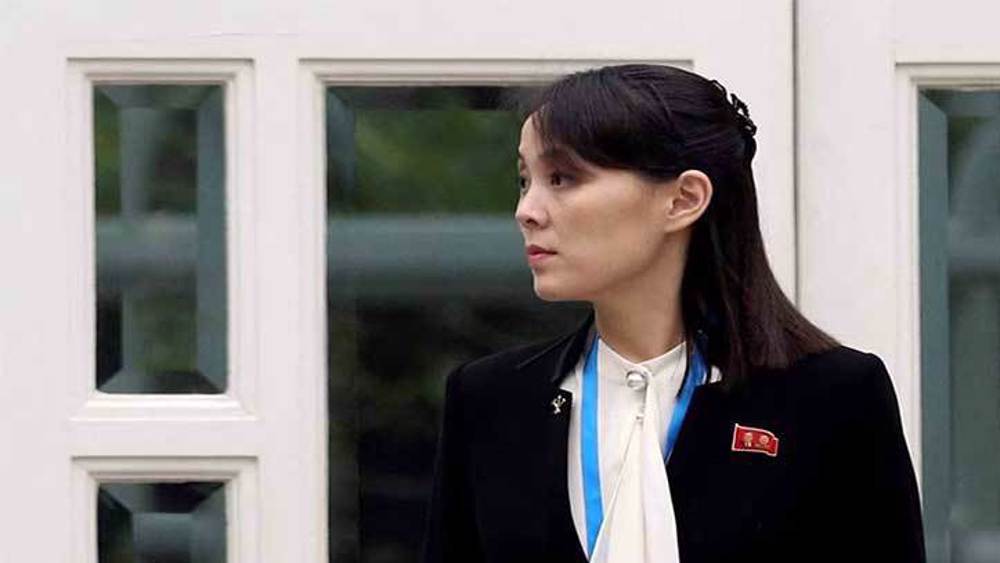
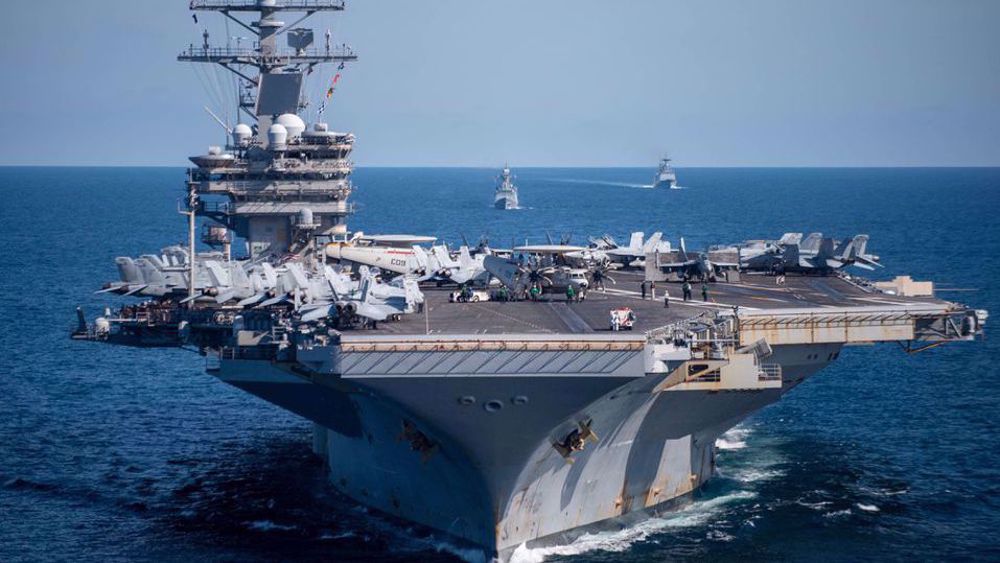
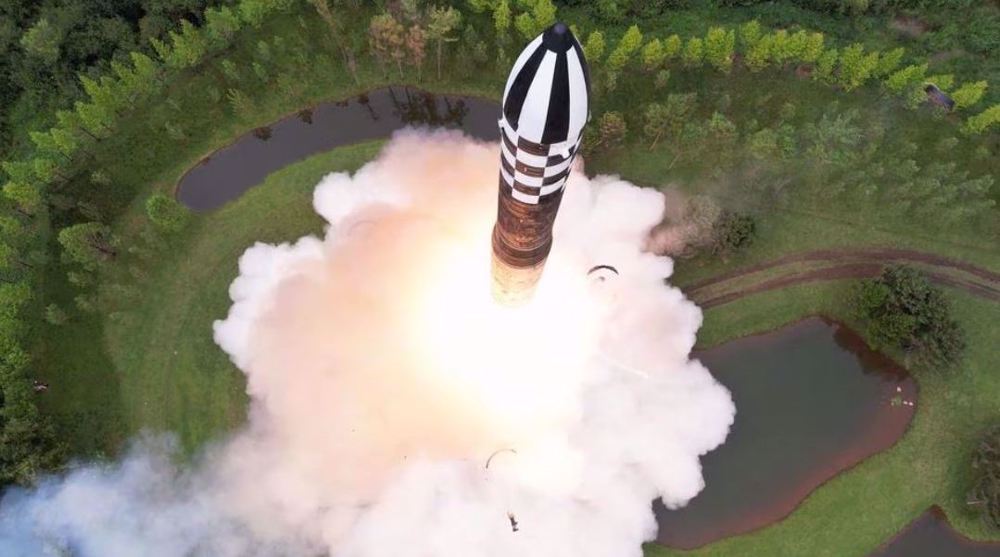
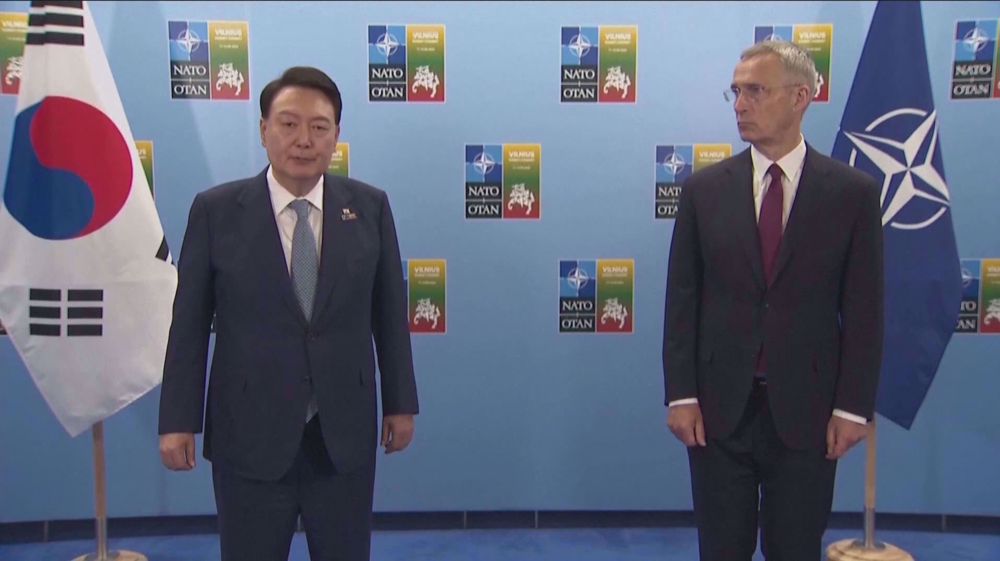
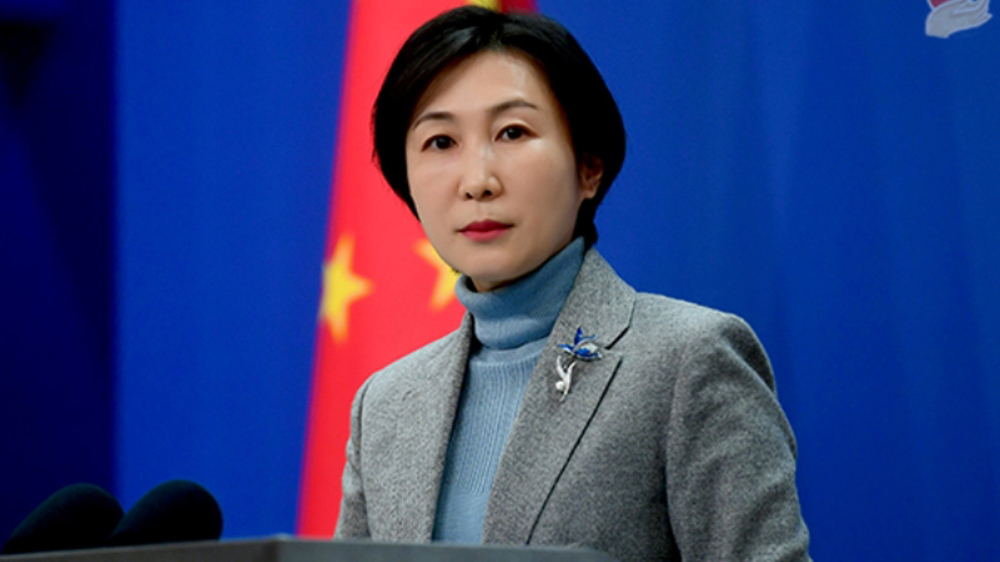

 This makes it easy to access the Press TV website
This makes it easy to access the Press TV website